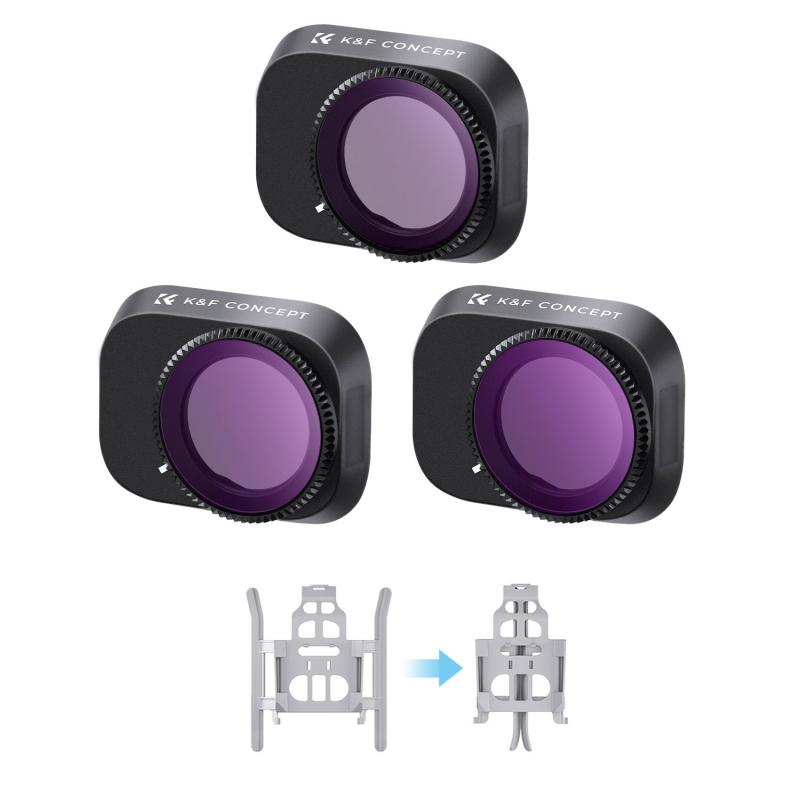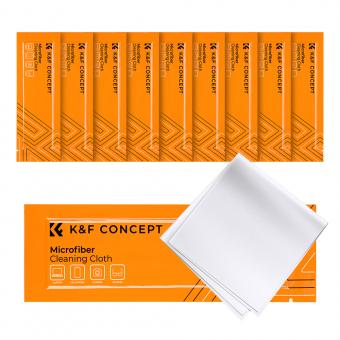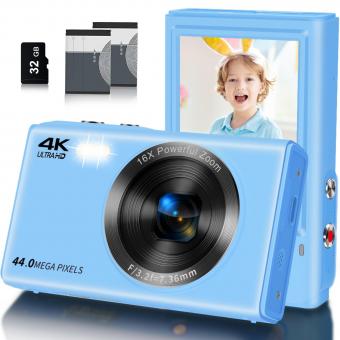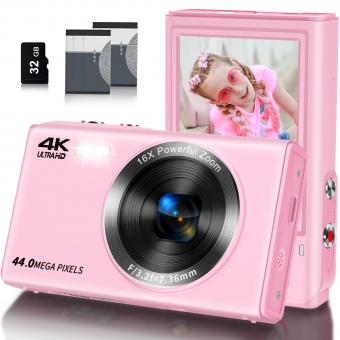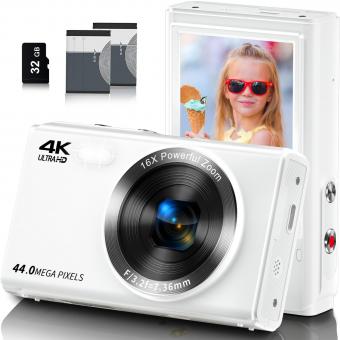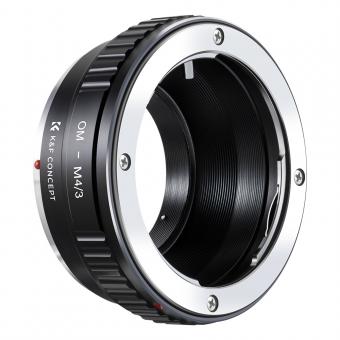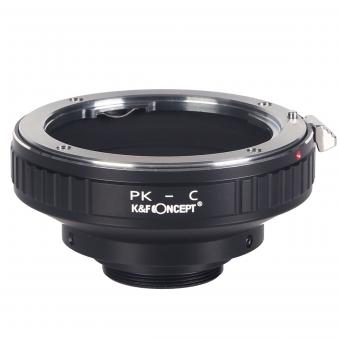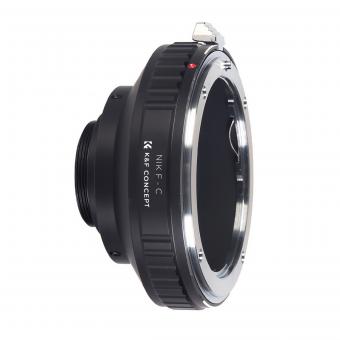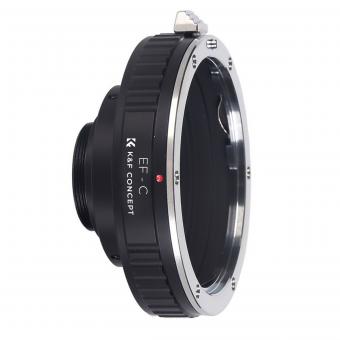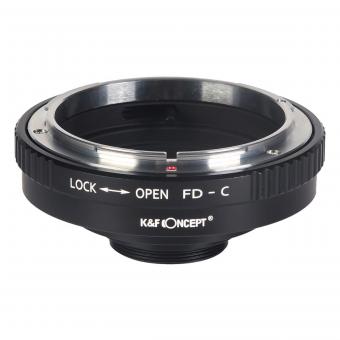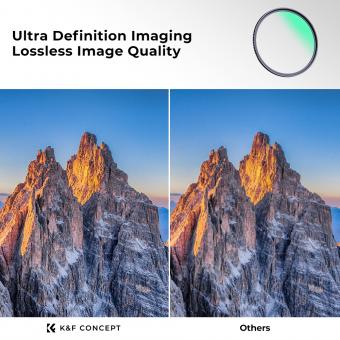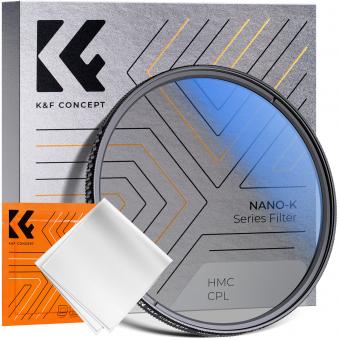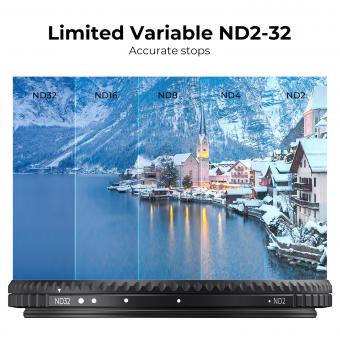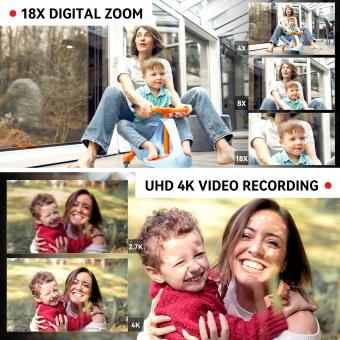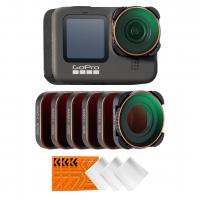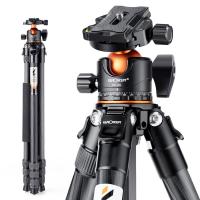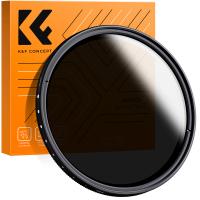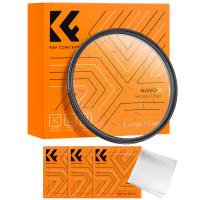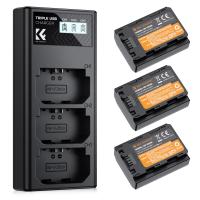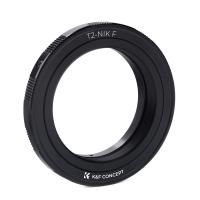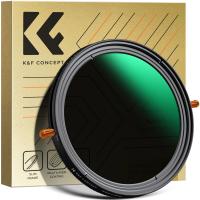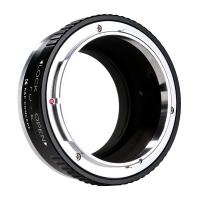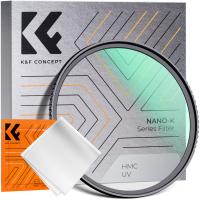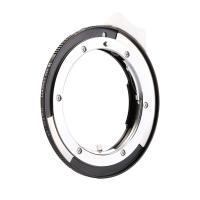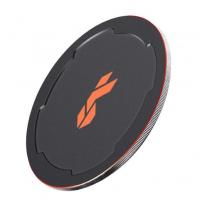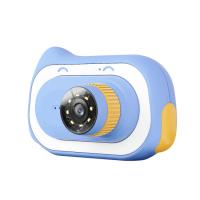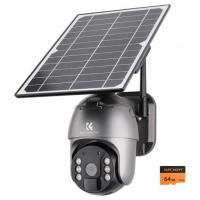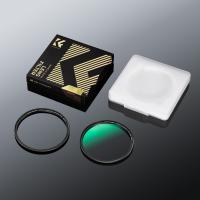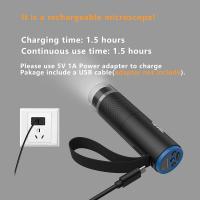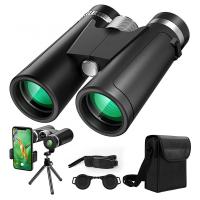Can You Use Film Lenses On Digital Cameras ?
Yes, film lenses can generally be used on digital cameras with the appropriate adapter. However, it is important to note that there may be limitations and considerations when using film lenses on digital cameras, such as compatibility issues, manual focus, and exposure control.
1、 Compatibility of Film Lenses with Digital Camera Systems
Yes, you can use film lenses on digital cameras, but it depends on the camera system and lens mount compatibility. Film lenses are designed to be used with film cameras, which have a different sensor size and technology compared to digital cameras. However, many digital camera manufacturers have designed their camera systems to be compatible with film lenses by providing lens adapters or creating digital camera bodies with the same lens mount as their film counterparts.
Lens adapters are available for various camera systems, allowing you to mount film lenses onto digital camera bodies. These adapters bridge the gap between the different lens mounts and enable the lens to be used on the digital camera. However, it's important to note that using a lens adapter may result in some limitations, such as loss of autofocus functionality or reduced image quality due to the difference in sensor technology.
Some digital camera manufacturers have also introduced digital camera bodies with the same lens mount as their film counterparts. This allows photographers to use their existing film lenses directly on the digital camera without the need for an adapter. These digital camera bodies are designed to take advantage of the full functionality of the film lenses, including autofocus and other lens-specific features.
It's worth mentioning that the latest point of view is that digital camera technology has advanced significantly over the years, and many photographers prefer using lenses specifically designed for digital cameras. These lenses are optimized for the sensor technology and offer superior image quality and performance compared to film lenses. However, for photographers who already own a collection of film lenses, the option to use them on digital cameras can be a cost-effective solution.
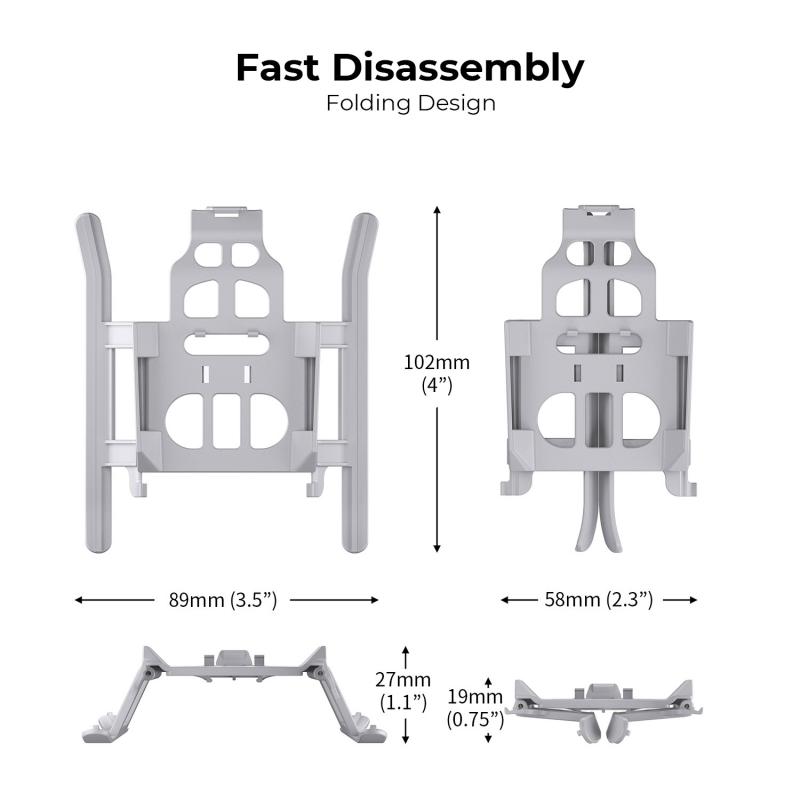
2、 Adapting Film Lenses for Use on Digital Cameras
Yes, you can use film lenses on digital cameras by adapting them. Adapting film lenses for use on digital cameras has become increasingly popular among photographers. This is mainly due to the fact that many photographers already own a collection of film lenses and want to utilize them on their digital cameras without having to invest in new lenses.
To adapt a film lens for use on a digital camera, you will need a lens adapter. These adapters come in various types and are designed to bridge the gap between the lens mount of the film camera and the digital camera. The adapter allows the lens to be attached to the digital camera body, enabling the photographer to use the lens as they would with a film camera.
One of the advantages of adapting film lenses is the ability to retain the unique characteristics and qualities of these lenses. Film lenses often have a distinct look and feel that many photographers appreciate, such as a particular bokeh or color rendition. Adapting these lenses allows photographers to continue using them and achieve the desired aesthetic in their digital images.
However, it is important to note that adapting film lenses to digital cameras may come with some limitations. For instance, autofocus and electronic aperture control may not be available when using an adapted lens. Additionally, some lenses may not cover the entire sensor of the digital camera, resulting in vignetting or reduced image quality.
In conclusion, adapting film lenses for use on digital cameras is possible and can be a cost-effective solution for photographers who already own a collection of film lenses. It allows them to continue using their favorite lenses and maintain the unique characteristics they offer. However, it is essential to consider the limitations and potential compromises that may come with adapting lenses to ensure optimal image quality and functionality.
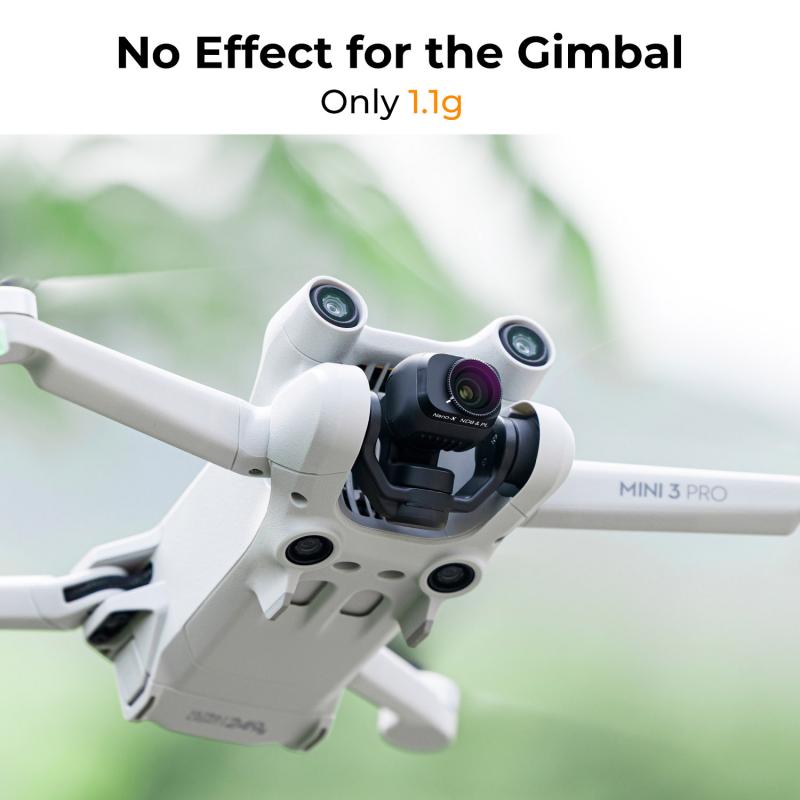
3、 Considerations for Using Film Lenses on Digital Camera Bodies
Considerations for Using Film Lenses on Digital Camera Bodies
Yes, it is possible to use film lenses on digital cameras, but there are several considerations to keep in mind.
Compatibility: The first thing to consider is the compatibility between the lens mount of the film lens and the digital camera body. Different camera manufacturers use different lens mounts, so it is important to ensure that the lens and camera are compatible. Adapters are available for some combinations, but they may affect the functionality and image quality.
Image Quality: Film lenses were designed to project an image onto a film surface, which is different from the digital sensor in a digital camera. This can result in certain issues such as reduced sharpness, vignetting, and color fringing. However, modern digital cameras have advanced image processing capabilities that can mitigate some of these issues.
Manual Focus: Film lenses often lack autofocus capabilities, so using them on a digital camera will require manual focusing. This can be a challenge, especially for fast-moving subjects or in low-light conditions. However, some digital cameras offer focus peaking or magnification features that can assist with manual focusing.
Exposure Metering: Film lenses do not communicate electronically with digital camera bodies, which means that exposure metering may not be accurate. In some cases, the camera's metering system may not work at all, requiring the use of external light meters or trial and error.
Lens Features: Film lenses may lack certain features found in modern digital lenses, such as image stabilization or electronic aperture control. This can limit the functionality and convenience of using film lenses on digital cameras.
In conclusion, while it is possible to use film lenses on digital camera bodies, there are several considerations to keep in mind. Compatibility, image quality, manual focusing, exposure metering, and lens features are all factors that need to be taken into account. However, with the advancements in digital camera technology, it is now easier than ever to adapt and use film lenses on digital camera bodies, allowing photographers to explore new creative possibilities.
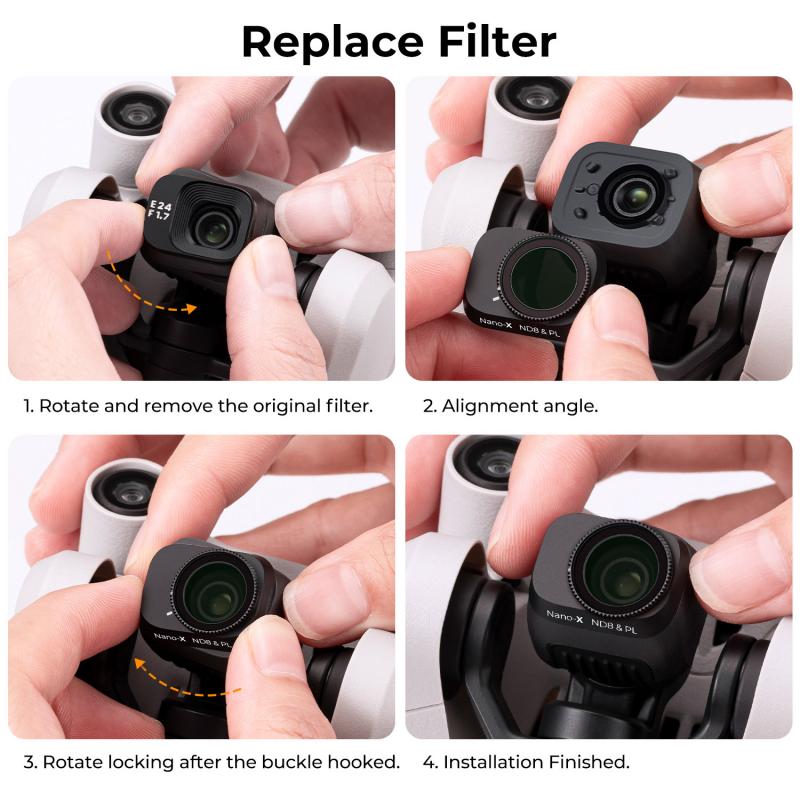
4、 Benefits and Limitations of Using Film Lenses on Digital Cameras
Yes, you can use film lenses on digital cameras with the help of lens adapters. Film lenses are designed to be used with film cameras, which have a different focal plane distance compared to digital cameras. Therefore, using film lenses on digital cameras requires an adapter to bridge the gap between the lens and the camera body.
There are several benefits to using film lenses on digital cameras. Firstly, film lenses often have a unique character and produce a distinct look that many photographers find appealing. They can add a vintage or artistic feel to images, which may be desirable for certain genres of photography. Additionally, film lenses are often more affordable compared to their digital counterparts, making them a cost-effective option for photographers on a budget.
However, there are limitations to using film lenses on digital cameras. One major limitation is the lack of autofocus functionality. Most film lenses do not have autofocus motors, so focusing must be done manually. This can be challenging, especially for fast-moving subjects or in low-light conditions. Additionally, film lenses may not be optimized for digital sensors, leading to potential issues such as vignetting, chromatic aberration, or reduced sharpness.
It is important to note that the latest point of view on using film lenses on digital cameras is subjective and varies among photographers. Some photographers embrace the unique characteristics and limitations of film lenses, while others prefer the convenience and advanced features of modern digital lenses. Ultimately, the decision to use film lenses on digital cameras depends on personal preference, shooting style, and the specific requirements of the photographic project.
